Edited by Stefano Vernole *
Israel is a big issue even in Italy (where stereotype on Zionism is very common), often out of proportion, so one must be very objective but not necessarily ending as “politically correct”. Recently, however, the outstanding Giacomo Gabellini’s book, “Israel. Geopolitics of a small, great power”, has hit the mark.
There is, of course, no lack of literature on the subject, given that the settlement of the Jews in the “Promised Land” coincided with the deportation (Nakba) and the persecution of the Palestinian Arab people, from the land they had always inhabited.
In order to understand, one must therefore analyze the various aspects and effects of the Zionist issues, identifying its engine in the religious-messianic factor, but without forgetting its economic aspects which, on the contrary, take on a certain importance.
Israel has been always into a historical and geopolitical context in which the ruthlessness and changes of alliances are on the agenda, always depending on the interests of the Zionist minority that held the power in Tel Aviv.
The “genesis and realization of the Zionist project” goes back to the seventeenth century, when the British lawyer and parliamentarian Sir Henry Finch asked the government of His Majesty to favor the “return” of the Jews to Palestine to realize the biblical prophecies.
London soon realize the advantage of the proposal: the decline of the Ottoman Empire allowed it to establish itself in a strategic geographical area to protect the communication routes to the Indies and ensure a real skill to influence the future structure of the Middle East.
It was immediately clear how the “game” became dangerous for the English themselves; Napoleone Bonaparte thought to exploit in turn the Zionist suggestion as a picklock to undermine the British positions in the Mediterranean area.
However, the French could not compete with the British banks in the long run: Lionel Rotschild granted in 1876 to the British Prime Minister Disraeli the funds needed to acquire from Egypt the company’s shares that ran the Suez Canal, while his cousin Edmond, who had shouldered most of the building’s costs, financed a remarkable Jewish migratory wave towards Palestine.
Much more, the money of the “cursed barons” was more powerful than the ideological efforts of Hechler and Herzl, that in 1917 the proportion of the Jewish population compared to the Arabs was 9.7% in 1946, and was already 35.1%, with a Zionist community that in the same years had gone from 56,000 to 700,000 people.
After the foundation of Israel, the Rome-Tel Aviv relationship gained importance, often misunderstood by a national public opinion able to remember only the “Lodo Moro” with the Palestinian armed groups.
In the spring of 1948 an agreement was reached between Prime Minister Alcide De Gasperi and Ada Sereni, an Italian-Israeli Jew who had been hired by his mentors Harari and Azadi (future Mossad leaders) had asked the Government of Rome to turn a blind eye to Zionist activities in Italy1.
1 Regarding the topic, I also mention my article: Stefano Vernole, The Mossad in Italy, www.aljazira.it, 08 / 07/2005.
The reasons for the agreement are explained in a document drawn up in January 1947 by the Italian Ministry of the Interior, which states that “the representatives of international Jewish organizations fully understand that they can influence, according to our attitude, the public opinion in United States towards Italy.”
The concept expressed in the ministerial document was strongly reiterated by Foreign Undersecretary Alberto Folchi in a letter sent to Enrico Mattei, in which he urged the founder of ENI to desist in his press campaign against Israel (Tsahal had damaged some plants of the Italian company during the aggression to Egypt in 1956).
So, even if Aldo Moro refused to grant the Italian military bases to the United States to provide support to Israel during the Six-Day War in 1967, then arrived the nomination (wanted by Ugo La Malfa) of the well-known Zionist sympathizer, Colonel Arnaldo Ferrara to Carabinieri’s Chief of Staff, a position he held for good ten years. The same can be said for Admiral Eugenio Henke at the helm of the General Staff of Defense, Chief of Police Angelo Vicari and Federico Umberto D’Amato (considered by many to be the architect of the “strategy of tension” in Italy) Confidential Business Office of the Ministry of the Interior.
The well-known Italian journalist Mino Pecorelli, mysteriously murdered, wrote that “in 1973 in Brussels, behind the official bodies of the IV International, a world revolutionary center arose, that Western political-military services have indicated with the initials Think-Tank (TT). In that structure, pro-American trozkists and Israelis from Mossad, the highly admonished Secret Service in Tel Aviv, operate in order to prevent the pro-Arab component from prevailing within European extra-parliamentary movements”, probably referring to the destabilization operations carried out by Tel Aviv also in Portugal (against Prime Minister Marcello Caetano) and in Spain (against Premier Luis Carrero Blanco). A separate chapter deserves the very important role assumed by Israel in the world weapon market , given its geopolitical repercussions. Composed of a mix of both private and state owned companies, its war industry employs over 50,000 employees and benefits from osmosis with giants from the US military-industrial complex. But, if it is true that about 150.000 Israeli families would be economically dependent on the war trade (3.5% of GDP plus another 2% of domestic sales), it is equally true that every military attack conducted by Tel Aviv to test its military systems and publicizing them in the world has serious consequences for its civil sector: “Every attack always produces cuts to health, education, transport … The missiles have damaged property and people are afraid to go to work, many factories have suspended activities and farms are still. And finally, indirect costs, such as those in the tourism sector “. In 2016 the share of the Israeli population forced to live below the poverty line reached 21.7% .
The major responsibility of the progressive “degeneration” of Zionist politics is attributed by some analysts to the national-religious sectors that since 1967 have become the driving force of the country. The newcomers do not intend to integrate but to command so they have changed the profound nature of Israel in an increasingly ideological and extremist sense. Although obviously it becomes difficult to find significant differences between the massacre of Deir Yassin in 1948 and that of Sabra and Chatila in 1982, the most appropriate term will be “evolution”. This, will be even make you more realize that the historical legitimacy of Israel has been seriously questioned by authoritative scholars such as Arthur Koestler and Shlomo Sand, according to whom the Ashkenazis (the most conspicuous part of the population) certainly do not derive from the original Jews of Palestine (Sephardi) but from the Cazari, a Turkish descent population from the turanic area to the Caucasus and Eastern Europe at the time of the Mongol invasions and then converted to Judaism. The eschatological vision of which Israel is still nourished is widely encouraged by the rich and numerous Jewish lobbies present in the United States: AIPAC, CUFI, CPMJO, the B’nai B’rith masonry with its Anti-Defamation League and Evangelical-Protestant groups, the Christian-Zionists. The interference of Tel Aviv in Washington’s internal affairs and foreign policy, symbolized by the famous espionage case conducted by Jonathan Pollard, has repeatedly warned the North American secret services that in a 2012 study on the strategic implications of the relationship between the two countries they said: “Israel represents the greatest threat to the US national interests because its nature and actions prevent the US from maintaining normal relations with Arab and Muslim countries and increasingly, with the enlarged international community”. The arrest of 140 Israelis in the months prior to September 11 of 2001, in the context of the espionage activities against the United States, only reinforces the suspicions about the “interested” role of Tel Aviv to a symbolic attack that served to align the geopolitics of the United States and Israel in the Near and Middle East. According to Michael Ledeen, the leading Jewish exponent of the neocon movement: “We do not want stability in Iran, Iraq, Syria, Lebanon and even in Saudi Arabia; we want things to change. The real question does not concern the “if(s)”, but how to carry out this destabilization “. So one cannot doubt Edward Snowden’s claims that the United States, Britain and Israel would collaborate with Turkey and the Persian Gulf Monarchies to create and train ISIS in an operation aimed at ensuring the security of the Jewish state through the formation of an anti-cult entity (thus against Iran). Neither the fact that al-Nusra, a military wing of the so-called “Syrian rebels”, repeatedly supported by Israel against the regular army of Damascus, is nothing but a cover of al-Qaeda. How to be surprised that after the liberation of Aleppo from the Islamist gangs, the Syrian army has discovered and captured several NATO and Israeli officers holed up in a basement in the eastern part of the city, from where they educated and provided coverage to the Isis cutthroat bands? How to judge the words pronounced in January 2016 by Israeli Defense Minister Moshe Ya’alon: “In Syria, if I find myself forced to choose between Iran and the Islamic State, I choose the Islamic State. Does not have the capabilities that Iran has?” Not just in the Near and Middle East; the Zionist network extends globally in a jumble of interests linked not only to weapons trafficking but also to drugs and humans 2.
2 Regarding the organs trafficking of Serb prisoners and on the suspected Zionist involvement, I mention the article: Steve Brady, Kosovo. Behind the organ trafficking comes the shadow of Israel, www.statopotenza.eu, 24/12/2011.
Here, therefore, the references to the Russian mafia embodied by the various magnates like Berezovsky, Nevzlin, Malkin, Kantor, Gaydamak, Abramovic, Kogan, Dubov, Brudno, Kolomojsij etc. who, after obtaining the Israeli passport to escape the justice of Moscow, invested heavily in the Jewish country. Already in 2009, the US Ambassador to Tel Aviv, James Cunningham, felt obliged to send a cable to the US federal agencies entitled: “Israel: Promised Land of Organized Crime?”, Confirming what was written in 1979 in a report by the CIA : “The Israeli spy service is deeply dependent on Jewish communities and organizations abroad to recruit agents and obtain information.” In the 1990s, however, it was the FBI who discovered that using Jewish religious institutions such as synagogues and Talmudic schools to recycle the proceeds of drug trafficking was the common practice of Colombian drug cartels. The criminal interests of Israel extend to ‘Africa (but the same could be said for Asia and Latin America), where its military and spy agencies have favored since the 1970s, coup, massacres and deportations of civilians such as in Sudan, Uganda, Chad and Congo (from Rwanda to Darfour). For example, Liberia granted the Israel Diamond Institute of Eli Avidar the rights to extraction on different diamond quarries, “thus contributed to making the largest diamond exporter in the world the Jewish state”, while Russian-Israeli magnate Lev Leviev succeeded to break the historic monopoly in the precious trade held by De Beers, “winning numerous contracts for the exploitation of the most promising regions of Angola and Namibia”. After the discovery of the Leviathan oil basin, Israel’s main goal is now to become not only self-sufficient but even a country that exports energy; along an imaginary line that furrows also the territorial waters of Cyprus, Lebanon, Syria and the Gaza Strip are found a quantity of resources (including natural gas) capable of redesigning the geography of Europe’s energy supplies. In the Zionist strategy, which aims to include Greece and Cyprus in its “exclusive economic zone”, Turkey would be excluded. Israel maintains historically, except sporadic episodes, good relations with the Wahabite kingdom of Saudi Arabia and the bond is more than ever today evident in the sale by Egypt to Ryad of the two islands Tiran and Sanafir, in the waters of the Red Sea, for 23 billion dollars. The blockade of the two islands, in fact, would allow the Zionist fleet to be bottled in the waters of the Gulf of Aqaba, compromising the access of the Jewish State to the Red Sea and the Persian Gulf. The Saudis would also like to link their territory to the Egyptian one, setting up a land bridge capable of connecting its oil and gas fields to the Israeli port of Haifa, where the Kurdish pipeline that branches off from Kirkuk also arrives. reduced the “strategic capital of the Strait of Hormuz, which Iran has repeatedly threatened to obstruct in the event of a military attack”. The internal dynamics, however, could be those with which Tel Aviv will soon have to confront. In 1950 the Knesset approved the “Law of Return”, which provides for Israeli citizenship only and exclusively to any Jewish applicant scattered around the world; in 2003, the Israeli Parliament itself approved the “Law on Nationality and Entry into Israel”, which introduced a ban on family reunification to couples of which at least one member lives along the Gaza Strip, in the West Bank, in Lebanon, in Iran and Syria, a measure aimed at limiting the Palestinian demographic danger. At the same time, a separation wall, electrified reticulates, bypass paths, trenches, reinforced concrete walls and movement detectors have been implemented at the “Green Line” which delimits the boundaries with the Palestinian territories; a “protective barrier” that effectively sanctioned the annexation to Israel of some territories of the West Bank and of the whole municipality of Jerusalem, in disregard for the various UN Resolutions and the Peace Accords of Oslo, Madrid, etc. by Israeli scholars, in the area corresponding to ancient Palestine by 2050 the Jewish population could reach about 8.7 million people, compared to 14-15 million Palestinian Arabs; a demographic challenge hardly sustainable in the long term.
In conclusion, there are three future options available to Israel: territorial size, democratic (in fact ethnocratic) State and Jewish character: to which of the three the Zionist leadership will be willing to renounce, before the surrounding geopolitical chaos, almost always fomented by itself, is connected to the complex internal dynamics?
Stefano Vernole journalist, deputy director magazine “Eurasia”, is coordinator of the Eurasia Mediterranean Studies Center:
• Speaker at the seminar entitled “Paz, Seguridad y Defensa: a permanent necesidad” at the Cátedra Francisco Villamartín de estudios de Seguridad y Defensa URJC – CESEDEN (Center of Defense Studies) of Madrid (SPAIN), organized in collaboration with L’King Juan Carlos University of Madrid (21 January 2017).
• Participation as a speaker at Forum on Development of Tibet 2016: “New Phase of Tibet’s Development: Innovative, Coordinated, Green, Open and Shared Development” organized by The State Council Information Office P.R.China (Lhasa, 3-9 July 2016).
• Co-author of the research project of Eurasia and the Mediterranean Studies Center (Cesem): “The centrality of the autonomous region of Tibet / Xizang within New Silk Road Terrestrial” (2016).
• Participation as a speaker at the “Forum for Human Rights” organized by the China Society for Human Rights Studies (Beijing, 14-18 September 2015).
• Co-author of the book “Discovering the Tibet”, Anteo, Cavriago (RE), 2015.
• Co-author of the research project of Eurasia and the Mediterranean Studies Centre “The People’s Republic of China and Tibet” (2015).
• Co-author of the book by Marco Costa, “Tibet, a crossroads between past and future”, Anteo, Cavriago (RE), 2014.
• Participation as a speaker at the V Rhodes Forum organized by Youth International Movement and Dialogue of Civilizations during the round table “Information Warfare” (Grece, 25-29 September 2014).
• Author of “Ex Yugoslavia: dirty game in the Balkans. national and geopolitical risiko fragmentation of Kosovo “, Anteo, Cavriago (RE), 2013.
• Head of External Relations of the Center Eurasia-Mediterranean studies with foreign diplomatic missions in Italy and international studies centers, for editorial planning and economic and trade cooperation between enterprises (Cesem: 2012-2016).
• Participation as a journalist for an international monitoring delegation of the political and military situation in Syria (Damascus, November 2011).
• Author of the book “The Serbian question and the Kosovo crisis”, published by Noctua, Molfetta (BA), 2008
• Co-author of the book “The fight for Kosovo”, published All’Insegna del Veltro, Parma, 2007.
• Participation as an international observer in the legislative elections of the State Duma in Russia (2 December 2007), at the invitation of the Foundation for effective policy of Moscow.
• Participation as an international observer to monitor in Kosovo and Metohija on behalf of the Association of Belgrade SEDEP and writers (July 2006, June 2007 and June 2008).
• Journalist (Member of the Order of Journalists of Emilia Romagna since 2006).
• Participation as an international observer in the presidential elections in Transnistria (Pridnestrovie) on behalf of the NGO “Cis-Emo” (December 2006).
• Participation as a speaker at the international conference organized in Moscow November 24, 2006 as “Europe Forum” entitled “NATO and Eurasian Security.”
• Participation as an international observer to the referendum for the independence of Transnistria from Moldova and its accession to the Russian Federation on behalf of the NGO “Cis-Emo” (September 2006).
• Collaboration with the “Rinascita” newspaper, the quarterly magazine of geopolitical studies “Eurasia” (Deputy Director) and the fortnightly magazine “Nasha Gazeta”, for articles on geopolitical issues and international relations (since January 2003 and still in progress), especially regarding Middle and Near East, the former Yugoslavia, Russia, China, Brazil (presidential elections 2014) and Northern Ireland.
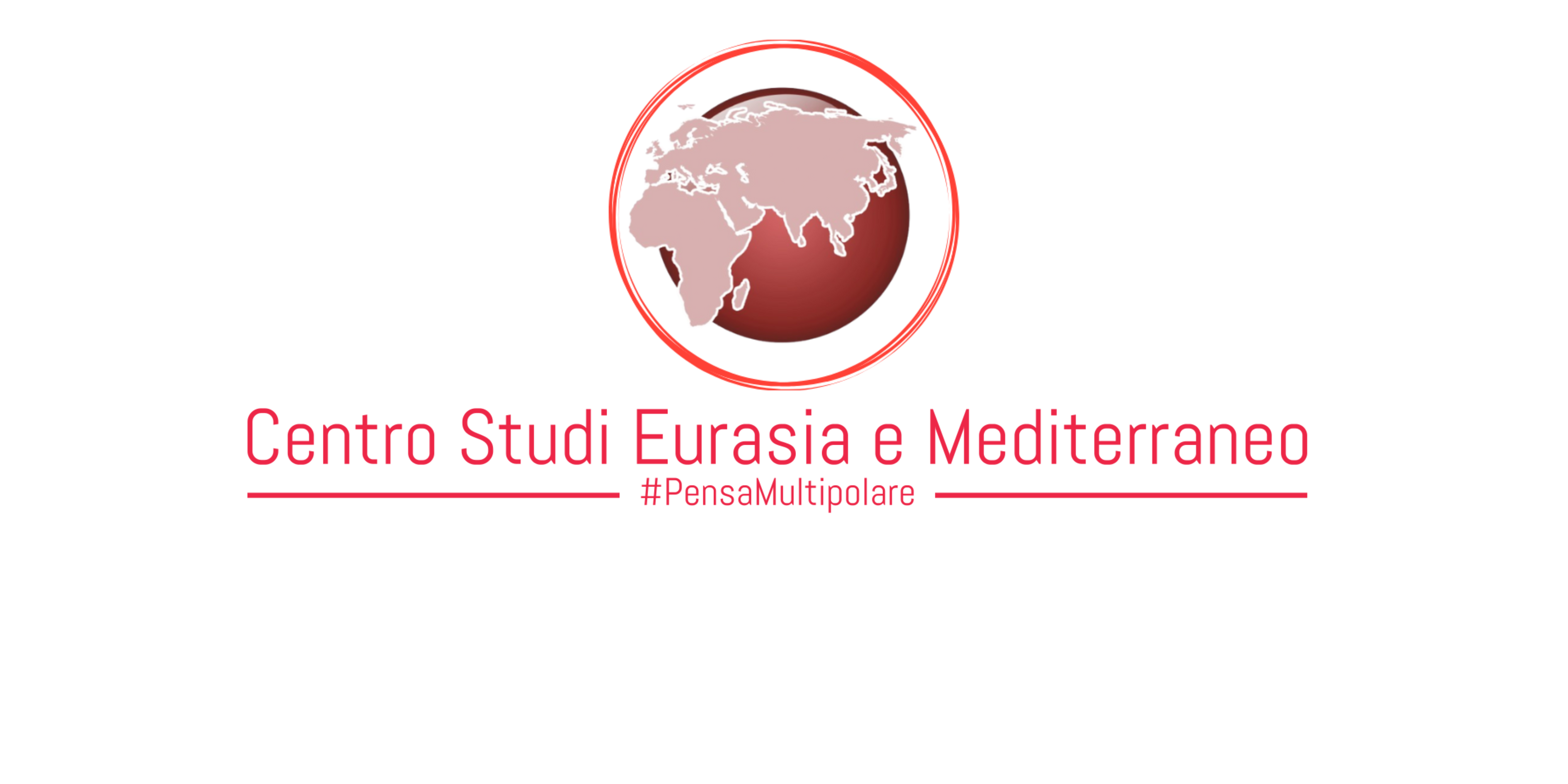
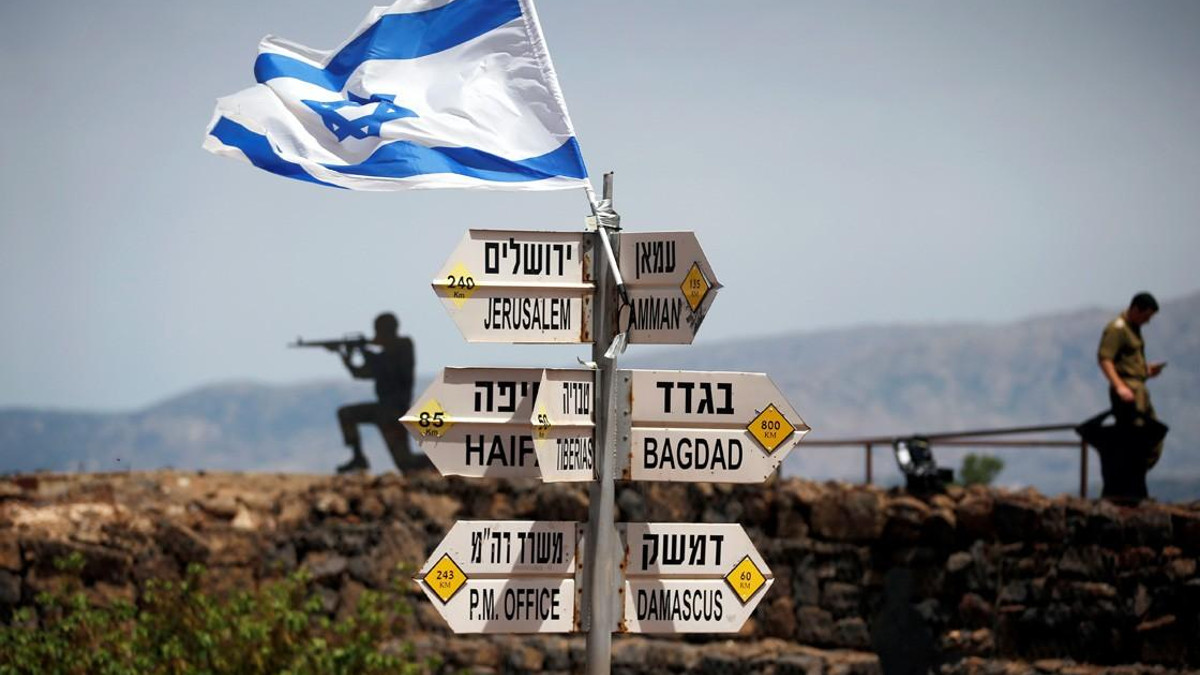


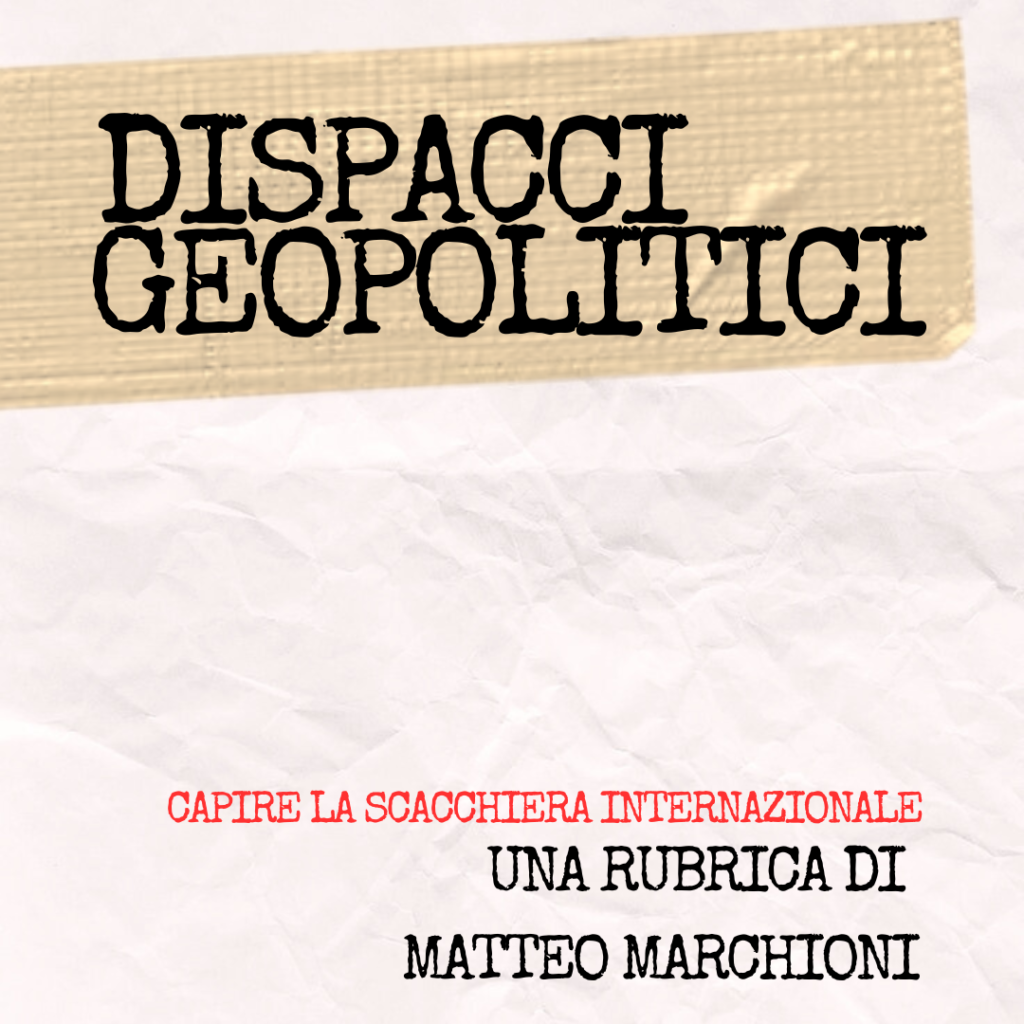
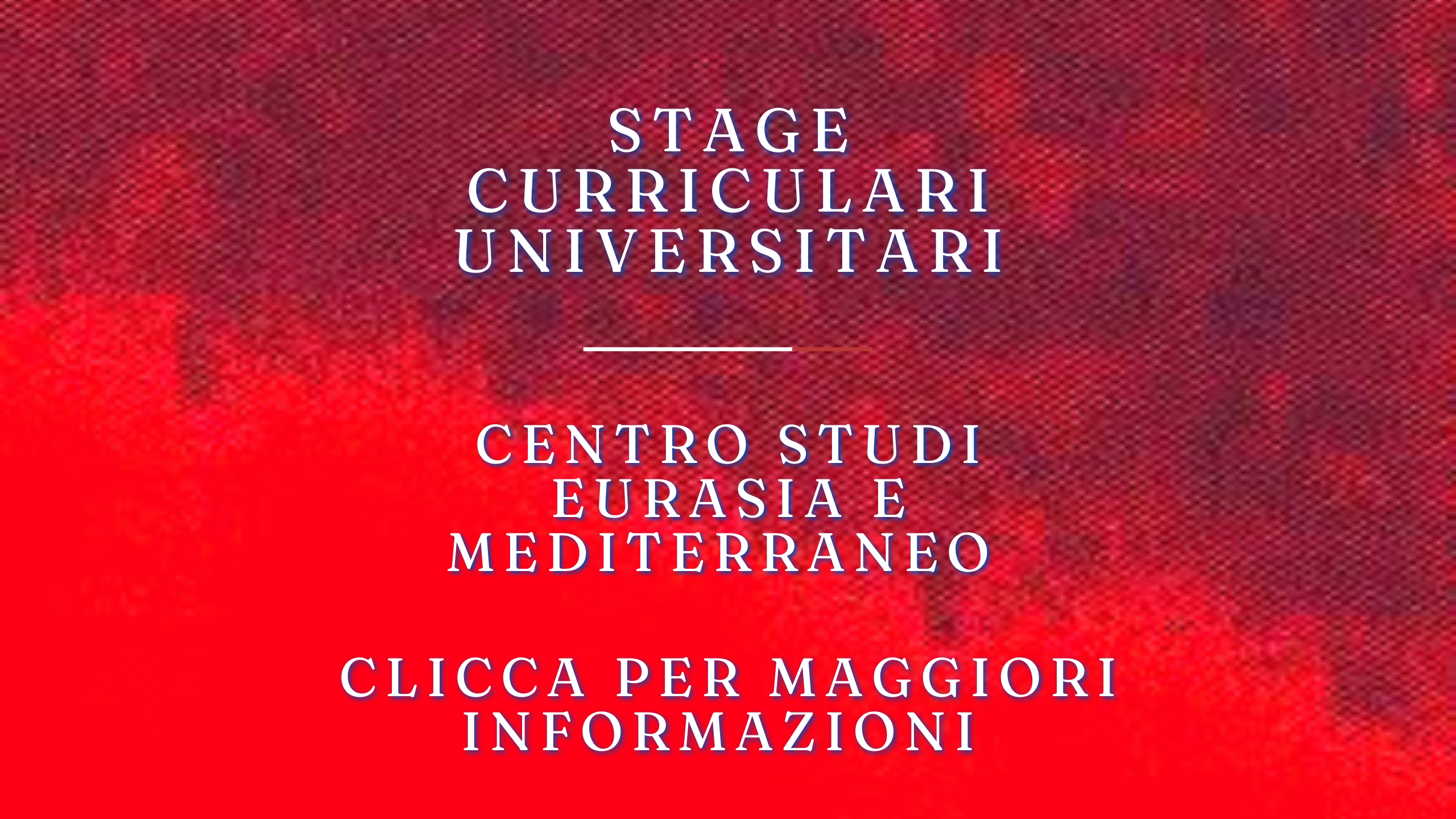
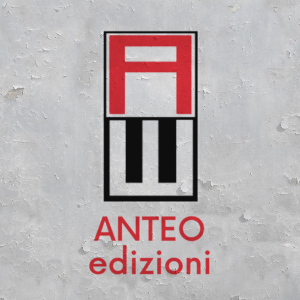
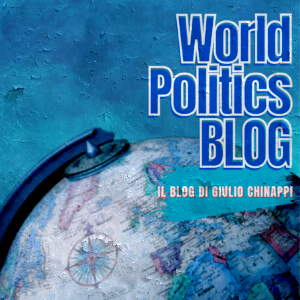
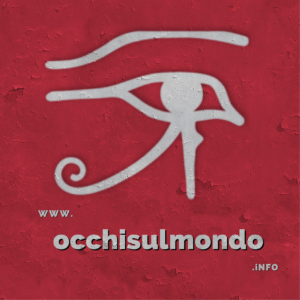



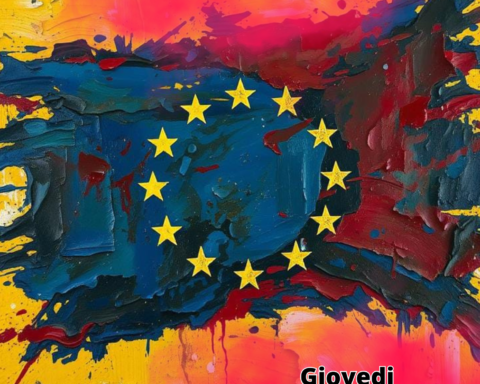
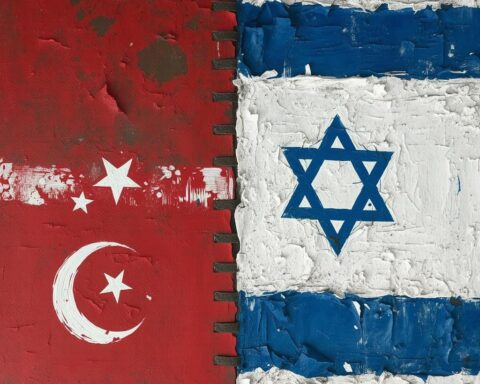




Il CeSE-M sui social